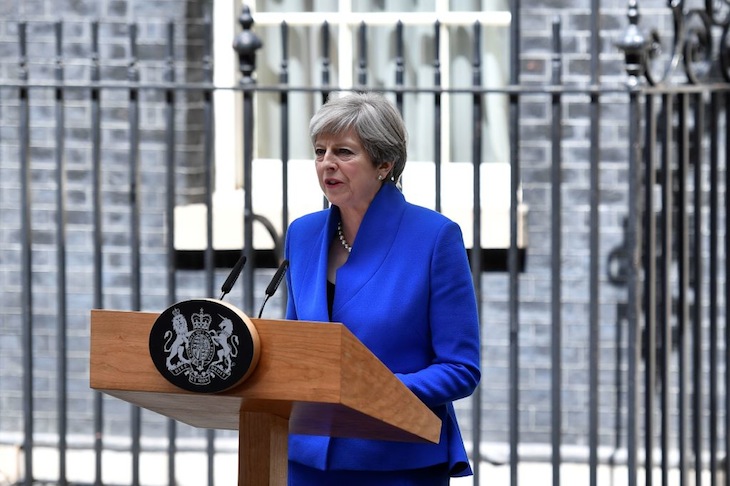‘A clampdown on pension scammers was also pushed back as a result of the election. The vital measures set out in the original consultation – which included a ban on cold-calling – need to be implemented as soon as possible to protect savers from fraudsters, but it looks like politics will get in the way of this important reform for a while longer.’
Investment ‘The outlook for the economy takes a hit from this outcome,’ comments Marie Owens Thomsen, global head of economic research at Indosuez Wealth Management. ‘GDP growth will arguably be slower as uncertainty weighs on investment and consumption, and a weak future government is likely to find it difficult to push through significant reforms. ‘Risk-averse investors might wish to stay away until the horizon clears somewhat. That said, there are always opportunities in volatile markets and the UK is still an economy of 65 million people and it will not implode – rather, there might simply be better investment opportunities elsewhere.’ Meanwhile, Jason Hollands, managing director of investment management group Tilney, suggest that investors hang fire before making any decisions. ‘From an investment perspective, a hung parliament is a market unfriendly outcome as it creates more uncertainty in the near term – something markets hate. ‘As we saw in the immediate aftermath of the EU referendum, it is usually best to let the dust settle on the initial market reactions to political events such as this rather than act hastily. So, for now, the best course of action is probably to sit tight and assume the brace position as some potentially volatile days are ahead for markets as well as UK politics.’ TaxWith the UK facing a hung parliament, the implications for tax are particularly unclear. George Bull, senior tax partner at RSM, says there are three pressing challenges.
‘The first is simplification. The UK needs a simpler tax system which is driven by evidence-based policies and underpinned by a desire to achieve an integrated, stable and sensible whole.
‘The second is restoring faith in the UK tax system. The current perception is that some companies and individuals blatantly evade tax, or use tax rules to avoid tax unfairly. The new government must create a simpler, open and demonstrably fairer tax system in order to restore trust.
‘Finally, there is now an opportunity to design a post-Brexit tax system which meets our future needs as a nation. The successful implementation of the Making Tax Digital initiative is just one element of this ambition. There are also wider, more fundamental questions over the future of business taxes, how much tax the wealthiest in society should pay and what the UK form of VAT should look like. Finding the right solutions to these key areas will be crucial to the UK’s future economic prospects.’
Helen Nugent is Online Money Editor of The Spectator






Comments